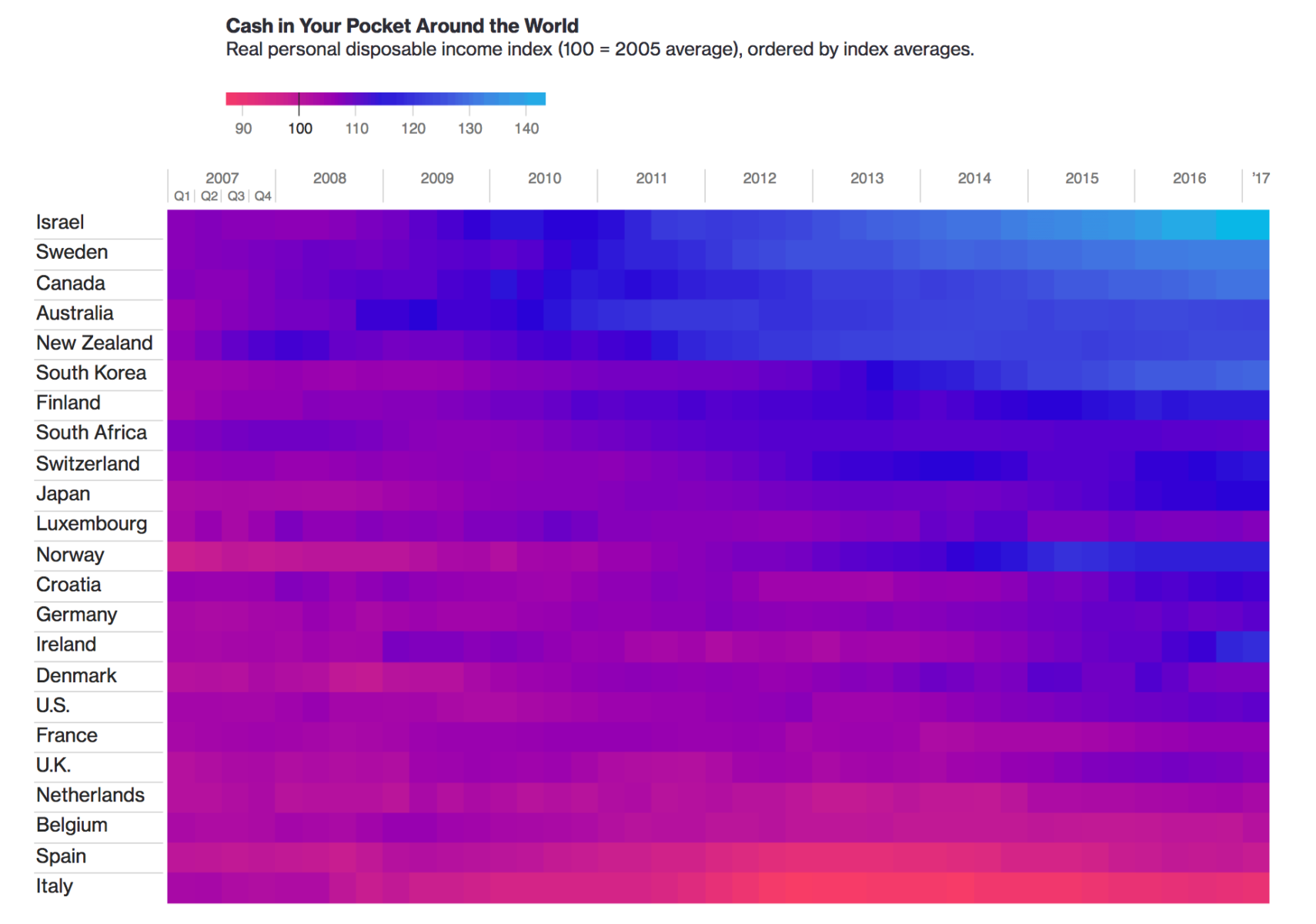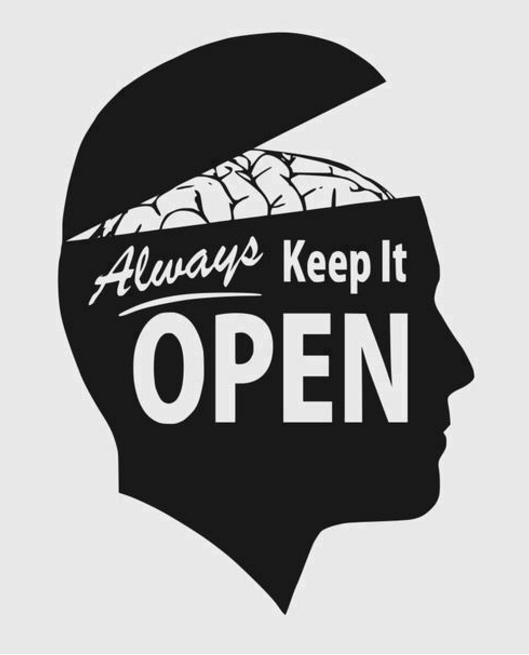
That's a lot of bad economic forecasts …



In a beautiful passage from Les Miserables,Hugo speculates that Napoleon at Waterloo might be compared to a race horse that was crippled who we all feel great sorrow and compassion for. Contrast this to the envy and loathing that we tend to feel when a rich man loses his fortune especially in the market. One notes a middle response to Tiger Woods missing his third cut in a row in a major tournament. There is empathy because he is a personage of color, but an opposite because he was not a man of faith?


The Anti-Fragile Trader is someone that puts on very small position sizes in low probability trades, but shifts huge amounts of risk to the trader on the other side of the trade. The methodology of the anti-fragile trader is to bet on the eventual blowup of the traders making high risk trades for a small premium.
The favorite tool of the Anti-Fragile Trader is the out-of-the-money option contract. For pennies on the dollar, they can control huge amounts of assets. While they expire worthless the majority of the time, when a random Black Swan event hits the market affecting the option contract, they can return thousands of percent on capital at risk, and makeup for all the past losses.
The creator of the anti-fragile concept, Nassim Nicholas Taleb, traded long option strangles, betting on both directions to capture any huge trend event up or down. A company being purchased and rocketing up, or a disaster and a company stock sent crashing, was hugely profitable for Taleb. He also bought option contracts on futures markets. The key is very tiny bets on these trades versus total account equity. Tiny losses and tremendous wins was what made the system profitable. (more…)

Casual acquaintances who come to learn know I trade for a living (something I rarely volunteer without being asked) will always ask whether I’m a bullish or bearish on the market or economy. My reply often irritates them when I say “I’m neither one – I’m just an opportunist.”
What I mean by that is that I go out of my way to avoid placing myself into a neat and tidy category that can influence my analysis of the markets and the stocks I trade. Although I’m far from perfect and sometimes let my opinions cloud my judgment (I am human after all), I do really try to do everything I can to look for opportunities on both sides of the market.

Many investors and also traders try to fit themselves into one neat category based on their opinions or of others who’ve they have come to respect. Even worse, those views are frequently tainted by how their portfolio is currently positioned (people want to be right after all) which can be both dangerous and quite unprofitable.
Case in point, I know several traders who are struggling now because they are very bearish about the market. While in principle I agree many of their views, I cannot let those views cloud both my analysis and trading. While I’m fairly certain there will be a time when their views will be proven correct, in this business timing is everything. Opinions after all, don’t pay the bills – only profitable trades do!
Remember this – in trading it isn’t about who is right or wrong. Instead it is all about who can make money and take advantage of the most opportunities in the present. Opinions are terrific things, but in most cases, you would be wise to set them aside and trade the market you see rather than the market you think you should or want to see.
